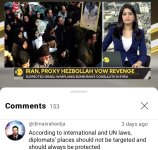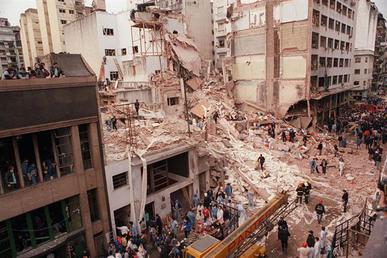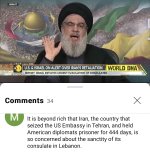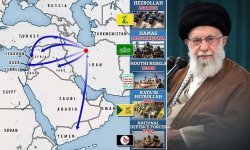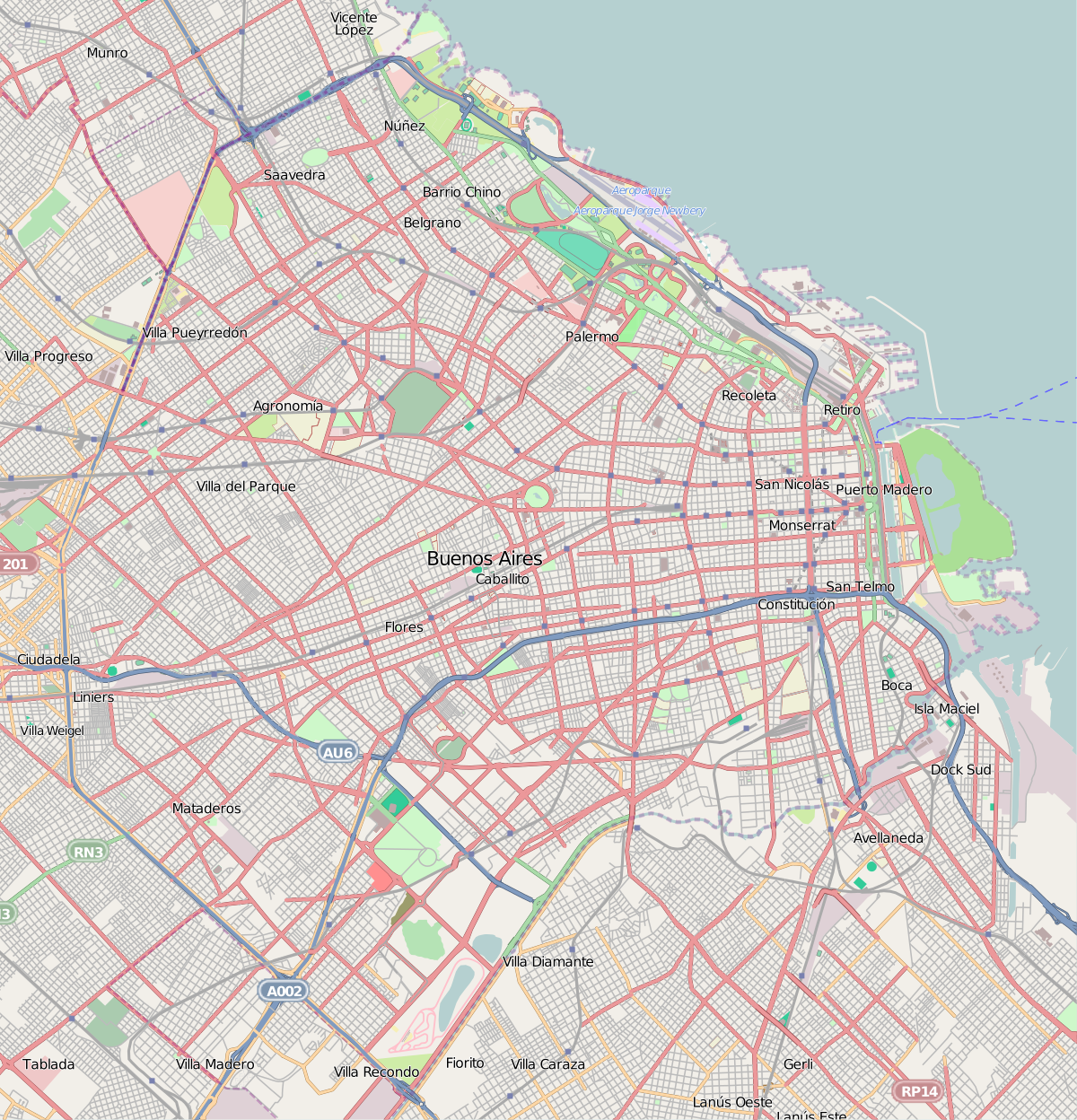Contrary to what many experts claim, Israel’s muted strike on Thursday in retaliation for the Islamic Republic of Iran’s unprecedented drone and missile attack last weekend actually makes all-out war between the two countries much less likely. This should suit the Islamic Republic’s interests, as it is facing an existential crisis brought on by decades of repressing its own people. Proxy wars — through Hamas, Hezbollah and the Houthis — allow the regime to project a veneer of strength without risking a crisis at home.
But a crisis has been long brewing. The government and people of Iran can no longer tolerate each other. The symbol of a young Iranian girl, Mahsa Amini, murdered by the “morality police” in 2022 reignited the revolutionary attitudes of many Iranians who no longer wish to live under a totalitarian theocracy. A few years before,
in November 2019, the regime suppressed another country-wide uprising by killing thousands of civilians. And two years before that,
a government crackdown on protesters killed hundreds more.
There is a basic rule that any dictatorship follows: do not arm the people you are oppressing. In recent years, with those regular mass uprisings, the regime may have realized that its biggest enemies are the Iranian youth, who, thanks to internet and satellite TV, along with years of witnessing
corruption, incompetence and
economic decline, do not buy the government’s narrative anymore.
The regime’s existential problem is that the biggest demographic of these anti-regime protesters,
young men under 25, is the same group that is
conscripted in the armed forces and the police. So the question becomes: in a direct war, would it make sense for the regime to put guns in their hands, knowing that many of those guns might be turned against the regime itself?
The regime is facing a genuine existential crisis

apple.news
The April 13 attack on Israel from inside Iran was an act of terror from those in a state of fear themselves. The regime knows that its supporters around the world consider it the godfather of the Oct. 7 massacre in southern Israel and the new intefadeh, so it felt the need to save face and show strength. Not only did it fire a significant number of missiles and drones at Israel, dealing minimal damage, but it lost its number 1 propaganda lie: “Iran has never attacked another country in 200 years.”
Despite 99 per cent of the missiles and drones having failed or been intercepted, the regime’s media in Iran is currently
claiming that all the intended targets in Israel have been hit. The real target of this attack, besides the government’s dwindling base of paid propagandists around the world, are the western countries, so they would start making more concessions to the regime for fear of a third world war.
The truth is, Israel has been at war with the Islamic Republic of Iran since its inception, and the two have been exchanging missile fire through Hezbollah and Hamas virtually every day since Oct. 7. Hezbollah’s leader, Hassan Nasrallah, proudly calls himself a loyal follower of Ali Khamenei and has publicly
said: “Everything Hezbollah has, budget, food, clothes, weapons and missiles, all come from
Iran. As long as Iran has money, we have money.”
Israel understands this perfectly. Israel knows that it is already waging a war with the Islamic Republic of Iran and its military forces in the form of Hamas and Hezbollah. Israel also knows the depth of the Iranian people’s hatred toward the regime and the regime’s inability to engage in a direct war. So the Israel Defence Force feels comfortable taking out IRGC forces, bases and even groups of generals in Iraq and Syria.
Israel knows that the Iranian people want the regime gone, and the regime sees a direct, all-out war as the final nail in its coffin. The Islamic Republic of Iran also knows that Israel knows these facts, and that is why it will always back down and capitulate and play the victim when Israel hits back.
